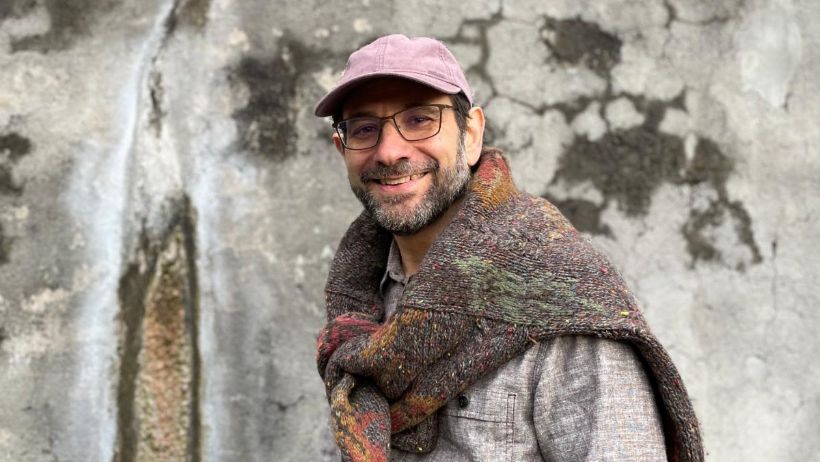Inspiration from Rabbi Kosak and Rabbi Posen
I am text block. Click edit button to change this text. Lorem ipsum dolor sit amet, consectetur adipiscing elit. Ut elit tellus, luctus nec ullamcorper mattis, pulvinar dapibus leo.
In Pirkei Avot, a book of maxims in the Mishnah, an ancient rabbi, Ben Bag-Bag said about Torah study, “Hafokh bah, va’Hafokh vah, d’khola bah.” Turn it over and over, for everything is in it. For two thousand years, that’s what Jews have done. Here is another turning.
At this moment in time, when we’re bombarded daily with competing narratives, when justice and truth both feel elusive, we must embrace the responsibility of discernment. Let us commit to seeking clarity in our decisions, ensuring that our actions reflect holiness and integrity. May we use the skill and blessing of discernment wisely, for the betterment of ourselves and the world around us.
Although the central themes of Passover are freedom, redemption, and the covenant between God and the Jewish people, other ideas always filter in. The intense level of preparation for the holiday invites us to reflect on what needs to be saved—and what can be let go.
There are the “fires” of hatred and division, but also the fires that can ignite hope—a candle in a dark place, a flame passed from one generation to the next, a community rallying to rebuild.
In Pirkei Avot, a book of maxims in the Mishnah, an ancient rabbi, Ben Bag-Bag said about Torah study, “Hafokh bah, va’Hafokh vah, d’khola bah.” Turn it over and over, for everything is in it. For two thousand years, that’s what Jews have done. Here is another turning.
Judaism teaches that gratitude must lead to action. When we say Hamotzi, we don’t just acknowledge the bread before us; we recognize that food is not guaranteed, and that we have a role in ensuring that others are nourished too. Just as the Mincha offering was shared in the Mishkan, we are called to share our sustenance with those in need.








